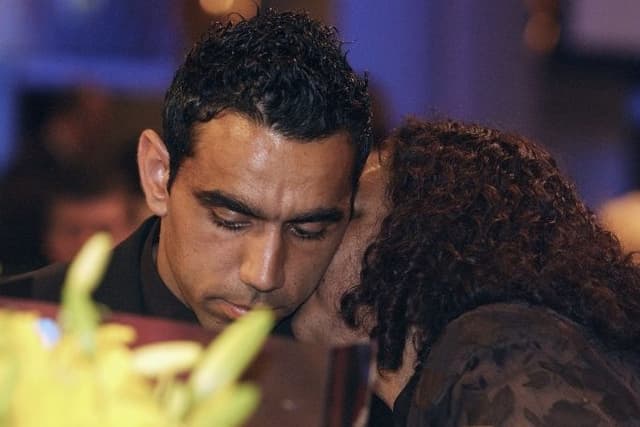
The Final Quarter - The Rights Of Indigenous Peoples
Lesson2 of 3 in this unit
SecondaryYear 9 - 10Humanities and Social SciencesCivics and CitizenshipAboriginal and Torres Strait Islander Histories and CulturesSocialEqualityHuman RightsIndigenous EducationSocial Action
Summary
Lesson Guides and Printables
Lesson Plan

Student Worksheet

Teacher Content Info
